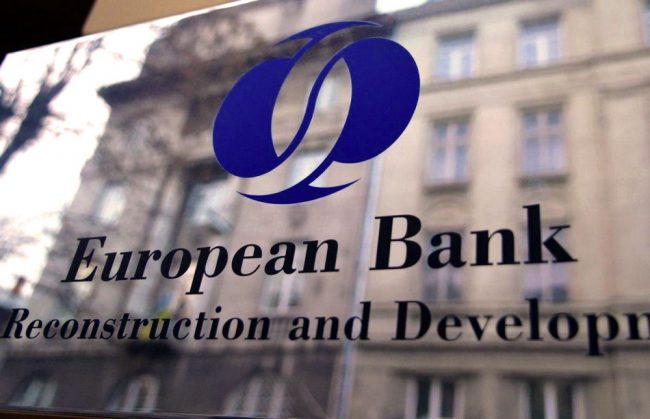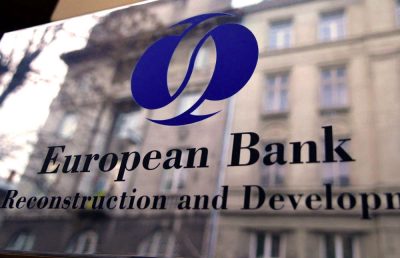- EBRD and Greece agree a €1 billion programme under the EU Recovery and Resilience Facility
- MoU sets out future cooperation between the EBRD and Greek Ministry of Finance
- Focus on green transition, digitalisation, exports, economies of scale and innovation
The European Bank for Reconstruction and Development (EBRD) is working with the government of Greece to support the implementation of the country’s Recovery and Resilience Plan (RRP) and the subsequent deployment of funding to the Greek economy.
The plan is part of the European Union’s (EU) Recovery and Resilience Facility (RRF). Known as “Greece 2.0”, it is based on the development plan for the Greek economy prepared in 2020 by a committee headed by Nobel laureate Christopher Pissarides.
Charlotte Ruhe, EBRD Managing Director for Central and South Eastern Europe, and Theodoros Skylakakis, Alternate Minister of Finance of Greece, signed a Memorandum of Understanding (MoU) today. The cooperation between Greece and the EBRD will focus on five priority areas: the green transition, digitalisation, export orientation, economies of scale and innovation (research and development).
The programme will combine RRF concessional loans managed by the Greek Ministry of Finance, EBRD commercial financing and financing from private investors and commercial banks to achieve significant multiplier effects. It is expected to total up to €1 billion and will continue until the end of 2025.
Pierre Heilbronn, EBRD Vice President, Policy and Partnerships, said: “The Greek plan has received praise and endorsement for being innovative, green and outward looking, while being underpinned by a package of structural reforms and private-sector participation. The EBRD, with its private-sector mandate, boots-on-the-ground approach and close link between investment and policy reform, is an ideal partner to implement the Greek plan and underlying investments in the years ahead.”
Charlotte Ruhe, EBRD Managing Director for central and south-eastern Europe, said: “I am delighted to be in Athens today for this important signing. This is the first agreement of its type between the EBRD and an EU member state. The new programme will help Greece implement its ambitious RRP and build a better future for the Greek people, with a particular emphasis on the green and digital transitions.”
Theodoros Skylakakis, Alternate Minister of Finance of Greece, said: “The signing of this MoU between the EBRD and the Greek government on the implementation of the loan vehicle of the Greek National Recovery and Resilience Plan is an important first step towards an ambitious cooperation between us, aimed at promoting new private investments in Greece. These new investments will facilitate the green and digital transition of the Greek economy and help it to achieve higher growth and create new jobs in the next years as the plan is implemented.”
The RRF, part of NextGenerationEU, will provide up to €672.5 billion to support investments and reforms in the 27 EU Member States. The European Commission delivered a positive assessment of Greece’s RRP on 17 June 2021. EU finance ministers are expected to formally approve the Greek plan at an Economic and Financial Affairs Council (ECOFIN) meeting this week. This is an important step towards disbursing a first pre-financing allocation of the €17.8 billion in EU RRF grants and €12.7 billion in EU RRF loans that Greece will receive between 2021 and 2026. The Greek RRP identifies the transition to a green and digital economy among its key investment priorities.
The EBRD started operating in Greece on a temporary basis in 2015 to support the country’s economic recovery. To date, the Bank has invested more than €4.7 billion in 79 projects in its corporate, financial, energy and infrastructure sectors. The EBRD and the Greek authorities have a track record of successful cooperation on joint investment and reform programmes.




COMMENTS